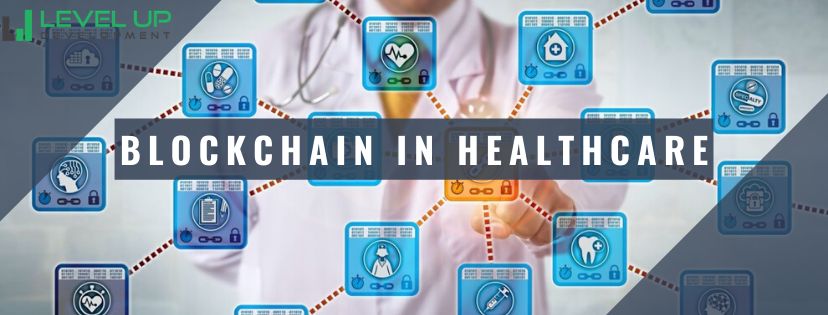Blockchain technology is already disrupting and improving industries ranging from finance to food production and shows no signs of slowing down any time soon.
Last week we shared our thoughts on how blockchain technology is enhancing the overall patient experience in healthcare by providing quicker, more secure and transparent payment methods (read more here). In this post we explore blockchain technology and it’s impact on the entire healthcare management process.
Why?
The unprecedented security offered by blockchain has made it very attractive in almost all aspects of our digital lives. Perhaps the next frontier of blockchain is where security matters most – to improve our healthcare management infrastructure.
Blockchain is rapidly gaining traction as a method to fix age-old problems in healthcare like data security and sharing, remote care options, supply chain logistics, and affordability. However, the most obvious, and maybe the most important, use of blockchain in healthcare management is its unmatched ability to secure sensitive patient data.
How?
Put simply, a blockchain is like a shared transaction sheet with no central location. In the case of securing patient data, blockchain allows the data to be spread across many locations rather than being stored in one vulnerable computer.
A decentralized, incorruptible, and transparent solution makes the patient data impervious to tampering and helps reduce the risk of security breaches in healthcare through cryptography. This same principle has already been applied in finance and is primed to bring a similarly dramatic change to healthcare data protection.
It’s no surprise that 40% of healthcare executives see blockchain in their top 5 priorities, according to Deloitte.
Another important aspect of blockchain technology is that it gives the individuals themselves access to their medical records. Currently, medical records are spread throughout many healthcare providers. For example, your dental records and eye care records are likely not in the same place and can take days or even weeks to gain access. If a medical emergency were to occur, this delay could be vital.
Blockchain gives individuals the ability to have complete and secure ownership of their records. Just as important as allowing patients to take ownership of their files is allowing healthcare providers to share information securely and rapidly. The majority of data leaks happen when information is being shared between these providers, but blockchain essentially eliminates any of that risk.
Blockchain will also allow patients to control their information and instantly share their files with whom they desire without the risk of tampering. This creates more rapid transfer of data, better security, and improved patient care, all with one change.
So, how will you leverage the power of blockchain to take your healthcare business to the next level?
Let us know what you think and drop us a line here if you are ready to reinvent together!
